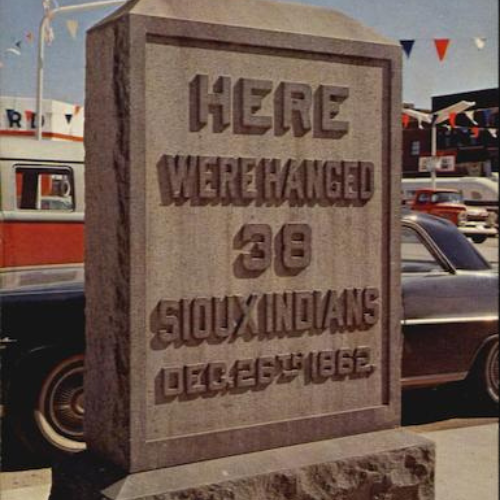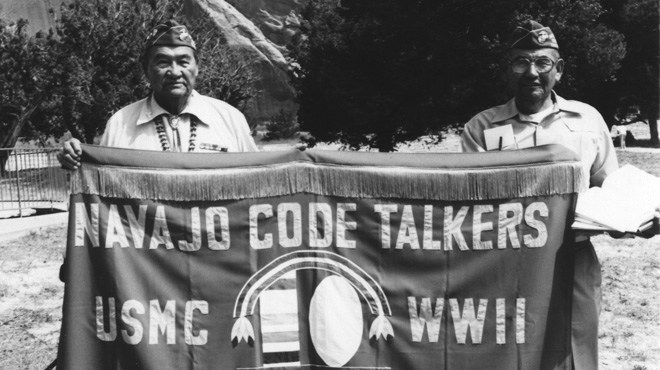The General Allotment Act
The Dawes Act of February 8th, 1887, also known as the General Allotment Act or the Dawes Severalty Act, was named after its lead sponsor, Senator Henry L. Dawes.
The act was sold to the public as a way to assimilate native people into mainstream American society by dividing tribal lands into individual allotments and granting them to individual members of the tribe, converting them into independent farmers and eventually opening a path towards citizenship.
Additionally, and the underlying intent of the act, it would also open up a large amount of land for westward expansion and settlement by non-native Americans.
The Basics
Each head of a native family was eligible to claim a maximum of 320 acres of grazing land or 160 acres of farmland. The allotments were intended to convert native people into independent farmers and break up the communal landholdings that were seen as a barrier to assimilation.
However, many native people did not have the training, equipment, or money to farm the land effectively and much of the land was sold or leased to non-natives. The act had a significant impact on the overall land holdings of native tribes and nations, as large amounts of land were lost to allotments and sales to non-natives.
Assimilation Era
The act was one facet of a more extensive strategy designed to systematically diminish and assimilate indigenous cultures into the prevailing white American societal norms.
To qualify for land, native people were required to enroll on the Dawes Rolls, which were used to determine eligibility for allotments and later became the basis for most blood quantum calculations. The Dawes Rolls are still used today by the federal government and tribes to determine membership and eligibility for benefits.
Due to many factors, many native people were encouraged to claim more white and less Indian on the Dawes census, and many did so thinking it would give them favor and afford them a better chance of survival. This was due to the fact that native people regularly faced discrimination and marginalization, and they believed that identifying as white would give them greater opportunities and protection.
However, not everyone had a say in this matter. Some indigenous individuals were labeled as white by authorities if their lineage was ambiguous or if their parents lacked a Christian name. Mixed-race individuals often faced this, being categorized as white despite having substantial indigenous roots. This resulted in many indigenous individuals being mislabeled, severing their ties to their tribes and cultural heritage.
The act also established a system of allotment agents who were responsible for surveying and dividing reservations into individual plots, which was often done without regard for traditional land use or cultural practices.
The government was keen on securing native lands, especially areas rich in valuable resources like gold. Additionally, demands from settlers seeking land for homes and agriculture influenced the government’s choice to enact the legislation.
The expansionist politicians repeatedly ignored the territorial sovereignty of tribes, breaking treaties and agreements that had been made with them. This led to the loss of vast amounts of land for the native people and caused serious disruption to their traditional ways of life.
The Burke act of 1906
The Burke Act, which was passed in 1906, amended the Dawes Act and further restricted the rights of native people, reduced the land and resources available, and made it even more difficult for them to make a living from the land. It stipulated that the government had the power to assess whether individuals were “competent and capable” before they qualified for full ownership of their allotted land. It also perpetuated the idea that native people were not capable of managing their own affairs and needed government oversight.
In reality, the Burke Act resulted in vast tracts of native land being handed over and then sold to settlers. The Act enabled the government to seize land from indigenous individuals labeled “incompetent” by officials. Frequently, this targeted the elderly, disabled, or sick who couldn’t cultivate their lands. Consequently, this made the land available for white settlers to buy at reduced prices.
Outcome
The results of the Dawes Act and the subsequent Burke Act were largely disastrous for the collectivist nature of indigenous culture in what is now the United States. The allotment of land to individual families and the forced assimilation policies of the government caused an extreme and immediate hardship for indigenous people and communities, disrupting everyday cultural practices, traditions, and even language use.
Additionally, the forced move of individual families away from each other made it harder for them to maintain their traditional ways of life, including hunting, fishing, and farming. It also made it harder for them to stand together in the face of unfavorable policies or actions taken by the government.
This disruption of traditional social and cultural systems led to the loss of land, loss of sustaining resources, and the loss of traditional knowledge. It also resulted in poverty and a decline in overall health and well-being among native communities.
Ultimately the act was not really effective in assimilating native people into the dominant society but it certainly was at meeting its land goals. Consequently, approximately 90-100 million acres of land earmarked in the treaties are no longer under indigenous ownership. This is in addition to the estimated 1.5 billion acres of land that was previously inhabited by indigenous people being taken since 1776.

Notes
Blood Quantum
The More You Know series serves as an introduction and starting point in your journey of knowledge on any of the subjects it covers. The articles aim to give a basic overview of the subject and are intended to start conversations and inspire further research.
Suggested Reading
Learn more about the General Allotment Act
“General Allotment Act of 1887” by National Archives: This webpage provides an overview of the General Allotment Act and its historical context. It also includes images of original documents related to the Act. https://www.archives.gov/education/lessons/indian-allotment
“The General Allotment Act of 1887 (Dawes Act)” by Native American Rights Fund: This article explains the impacts of the General Allotment Act on Native American communities, including the loss of land and culture. https://www.narf.org/cases/dawes-act.html
“General Allotment Act” by Native American Heritage Association: This page includes a brief summary of the General Allotment Act, as well as its effects on Native American communities. https://www.naha-inc.org/general-allotment-act
“Dawes Act” by Britannica: This article provides an in-depth history of the Dawes Act, including its origins, implementation, and consequences. https://www.britannica.com/topic/Dawes-Act
“The Dawes Act and the Allotment of Indian Lands” by American Indian College Fund: This webpage offers a brief overview of the Dawes Act and its impacts on Native American communities. https://collegefund.org/native-education-resources/native-american-issues/the-dawes-act-and-the-allotment-of-indian-lands/
“The Rights of Indians and Tribes” by Stephen L. Pevar: This book provides a comprehensive overview of the legal rights of Native American tribes and individuals. The fourth edition, with ISBN 978-0-19-979535-2, has a discussion of the General Allotment Act on pages 8-9.
Mohonk Lake Conference historical record: The Mohonk Lake Conference was a series of meetings held in the late 19th and early 20th centuries that brought together Native American leaders, government officials, and philanthropists to discuss policies affecting Native American communities. This historical record provides access to the transcripts of the conferences, which offer insights into the perspectives of various stakeholders on the General Allotment Act and other policies. https://archive.org/details/proceedingsannu40unkngoog/page/n76/mode/2up
“What was the Dawes Act?” by National Park Service: This article offers a concise overview of the Dawes Act, also known as the General Allotment Act, including its origins, objectives, and impacts on Native American communities. The page also includes links to related resources. https://www.nps.gov/articles/000/dawes-act.htm
“‘Kill Every Buffalo You Can! Every Buffalo Dead Is an Indian Gone’” by The Atlantic: This article explores the historical relationship between the decline of the buffalo population and the displacement of Native American communities. It discusses the role of the General Allotment Act in this process and the broader impact of U.S. policies on Native American land and culture. https://www.theatlantic.com/national/archive/2016/05/the-buffalo-killers/482349/



